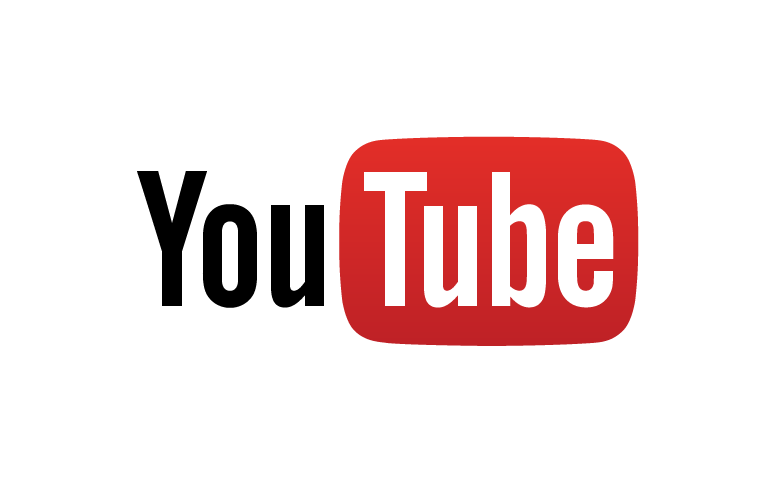
YouTube and Digital Literacy -Brooke Wagner
As far as human sponsor go, I would argue that, where sponsors of print-based literacy are often older, sponsors of digital literacy are usually peers. Although this is in the process of changing, with parents teaching their kids to use tablets and reading to them with e-reader, I think it currently remains true. We can see this in Keri Franklin’s blog where she looks to a peer for support when entering the world of Twitter.
My personal example may not be quite so recently but, as we’ve learned, literacy is an ongoing process. I started watching YouTube videos forever ago, just like everybody else, funny cat videos, music videos, clips from TV, etc. However, in late 2010/early 2011 I started getting more involved in online communities. I started watching certain people with regularity, at first by just clicking on the related videos that would appear one the side. Eventually I found out what a channel was and, being a chronology enthusiast, proceeded to watch the first videos on the channels I liked up through the most recent. The process of finding channels alone, along with discovering what they are and how they function, took months.
After consuming content for two years and genuinely feeling like I was a part of some sort of community, I still hadn’t made a channel of my own and therefore had no direct contact with anyone. It wasn’t until my desire to be able to interact and express my opinions and learn from conversations with others overpowered my discomfort of feeling illiterate that I finally made a channel. I made my channel in November of 2012, when the idea of having a channel was becoming more comparable to the idea of having an account on website. This introduced an entirely new level of illiteracy. Just when I had figured out how to navigate the site and where I fit into it, everything was different. I could “like” videos, “favorite” them, comment on them, but I had no idea how to do this in a way that was socially acceptable and, more importantly, productive.
Just like the first time I entered the world of YouTube, I figured it out with time. I was driven by the content I watched, content that made me think about the world differently, made want to talk about the importance of voting, the crisis in Syria, books, YouTube itself, science, history and so on and so forth. (It was also a great place to argue about all things Harry Potter). So gradually I learned what made a good comment. I learned how to reply to people and what conversations were worth joining.
I think the social aspect of many types of digital literacy makes them more challenging to tackle than many print-based forms. When learning to navigate a newspaper or read a textbook making a mistake is a personal experience that you can learn from and move on trauma-free. Social digital literacies, however, often entail an audience and can lead to embarrassment, an experience Keri Franklin described in her blog.
There were no sponsors my process of understanding YouTube specifically, which I find to be fairly common in the realm of digital literacy. However, I did have parents who split the cost of my laptop with me in high school and a mom who was always interested in the things I was learning online and this indirect sponsorship was equally helpful.

 Website:
Website:
One Reply to “YouTube and Digital Literacy -Brooke Wagner”
After reading your blog i totally agree that the sponsorship is different from older people to going to your peers for digital literacy. There is that change since most of our peers are doing most of the digital literacy. That is so cool how you have your own youtube channel! I have one too but for school purposes and I am not aware of the whole “liking” process. I am interested in knowing what you use your youtube channel for? So, I can check it out!